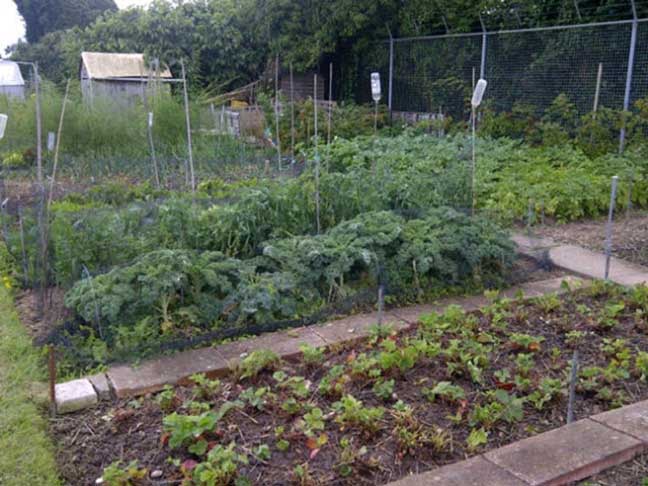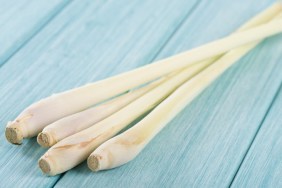Working on an allotment, while time consuming, is also a great way to get time to yourself and do something which is thoroughly rewarding. If you fancy having your own allotment, here are some basics on getting started.
How do I get an Allotment?
You will need to get in touch with your local council, who are in charge of allotments in your area. Many have waiting lists, sometimes of a year or more, so it’s a good idea to enquire early if you are interested in an allotment.
How much work is it?
Some plots are large and others are smaller, so be realistic about what you can manage and consider starting with a half size plot. You should be prepared to spend around 10-12 hours per week in the summer, and less in the winter (in the winter you will mostly be harvesting winter crops and buying and planning your crops for the spring and summer). Another option is sharing with a friend or family member. You can share the work, and both reap the benefits of freshly grown vegetables so this is a great idea if you don’t think you can manage on your own.
What equipment will I need?
The plot you are given may be overrun with weeds to begin with and require a lot of work. It is important to do this well, before planting your own vegetables, to give them the best chance of flourishing. Be aware that it may take some years before everything is running smoothly as it is very easy for weeds to take over. If your plot has old weeds that have seeded themselves they may keep coming back so you need to be persistent. The basic tools you will need to get started are a spade, fork, rake, wheelbarrow, hoe, trowel, string and a dibber. If this sounds expensive, consider buying second hand tools at a car boot sale where some real bargains can be found. You can either bring your tools each time or invest in a lockable shed to store them on your allotment. If you are lucky there might even be a shed on the allotment you are allocated!
How do I know what to plant and when?
There are many books on the best times of year to plant certain crops and if you are a beginner it is highly recommended you invest in one or two. Good crops for beginners are potatoes, runner/French beans, beetroot, and summer fruits such as strawberries, raspberries and blackberries. These are easy to grow and it is very satisfying to enjoy eating crops you have grown yourself.
Tips
A cane with an empty fizzy drink bottle on top is a great deterrent for stopping birds picking at your crops. Old DVDs and CDs on a length of string is another great deterrent because they are shiny.
Netting is essential for keeping pigeons away from those young tender cabbages and sprouts
You could cover part of your allotment with black plastic or another covering to keep the weeds at bay while you concentrate bit by bit. This is a great way to get started as it may seem overwhelming doing everything at once.
Don’t forget you can ask other people at the allotment site for tips and what they find works well for them. Many people will enjoy sharing ideas with you, and you can make some new friends at the same time!








